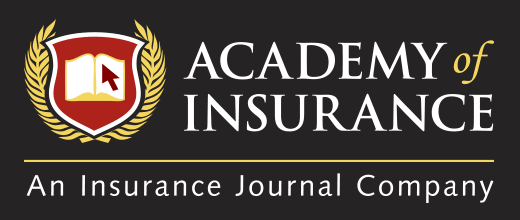Four topics in a single one-hour class? Yes! But don't be fooled, you will get all the necessary information to understand and explain all four concepts. Following is a bit of what you can expect from each section in this webinar.
Part I – Waiver of Subrogation
"Subrogation" is the right of the insurance carrier to recover from the party causing its insured to suffer a loss which the insurance carrier paid to fix. So then, what is a "waiver of subrogation?" Essentially a "waiver of subrogation" is the insurance carrier agreeing to, being forced to give up or losing its right to subrogate against the at fault party. That's all it is!
The meaning of a waiver of subrogation is the simple part. It's a bit more complicated defining who or what can cause the insurance carrier to give up or lose the right to recover from the at fault party?
Part II - OCPs
Owners and Contractors Protective Liability – or OCP - coverage is often misunderstood. OCPs are not equivalent to a commercial general liability policy (CGL); and a major problem is that the OCP does not extend coverage to the party that paid for the policy. And the coverage that is provided by the OCP is very limited in scope.
Part III – Liquor Liability
Liquor liability insurance is designed first to defend the insured against charges of negligence related to the service of alcohol; and second to indemnify or pay on behalf of the insured if they are found legally liable.
Operations serving or supplying alcohol can be subject to charges of negligence when, for example, a patron or third party is injured as a result of the negligent service of alcohol or negligence in not preventing an individual from injuring a third party. Legal liability can also arise out of other negligent actions or inactions. Assault and battery accounts for about half of liquor liability claims so any liquor liability policy should include coverage for this exposure.
Attorneys typically seek a connection to as many pockets as possible. Lawsuits often name the establishment, the liquor manufacturer, the distributor and any others that seem to make sense (or not). Any entity making, selling or serving alcoholic beverages need this protection since the commercial general liability policy excludes coverage for any entity involved in one of these activities.
Our discussion in this part of the webinar focuses on: 1) the various ways states may define legal liability as it relates to the sales, service or manufacture of alcohol; 2) how insureds can control the cost of liquor liability coverage; and 3) what training is available to alcohol-related establishments.
Part IV – The MCS-90
Although effective since June 1981, the MCS-90 endorsement remains a highly misunderstood form. Apparent judicial misapplications of the intended meaning and purpose of the form have added to the confusion.
The MCS-90 was designed to assure that an at-fault "for-hire" or public motor carrier could fulfill its financial responsibility to the public, regardless of the insured's failure to comply with the underlying insurance policy's terms and/or conditions. But it was not designed or intended to extend insurance protection to non-insureds or create coverage where none existed.
Above all, the MCS-90 was not created to and does not currently provide any insurance coverage within the wording of the form – insurance protection is extended only from the policy to which the endorsement is attached. Essentially, the MCS-90 is more closely related to a surety bond "guaranteeing" that the insured has and will continuously maintain the coverage types and amounts mandated by law.
